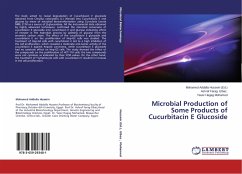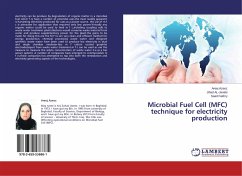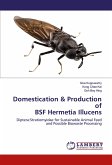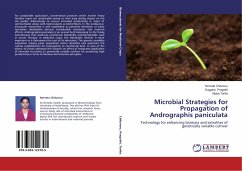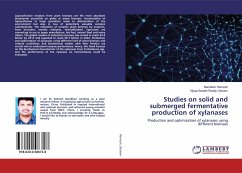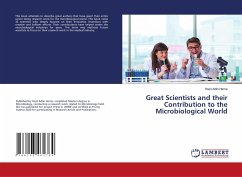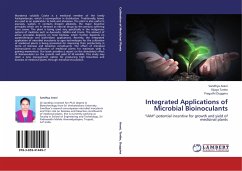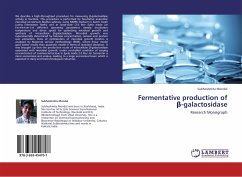The book aimed to reveal degradation of Cucurbitacin E glucoside obtained from Citrullus colocynthis (L.) (Hanzal) into Cucurbitacin E and glucose by mean of microbial biotransformation using Curvularia lunata NRRL 2178 as a source of beta-glucosidase. All the instrumental data obtained by highly advanced techniques, confirmed the microbial conversion of cucurbitacin E glucoside into cucurbitacin E and glucose indicating effect of enzyme in the hydrolysis process by splitting of glucose from the anomeric carbon atom. The effect of the cucurbitacin E glucoside and cucurbitacin E on the proliferation of Hep-G2 cells was studied. The treatment of Hep-G2 cells with cucurbitacin E led to a high inhibition of the cell proliferation, which revealed a moderate anti-tumor activity of the cucurbitacin E against hepatic carcinoma, while cucurbitacin E glucoside had no cytotoxic effect on Hep-G2 cells. The study showed the effect of the compounds on the proliferation of HCT-116 cells; the two compounds were not cytotoxic as indicated by their IC50 values. On the other hand, the treatment of T-lymphocyte cells with cucurbitacin E resulted in increase in the cell proliferation.
Bitte wählen Sie Ihr Anliegen aus.
Rechnungen
Retourenschein anfordern
Bestellstatus
Storno

